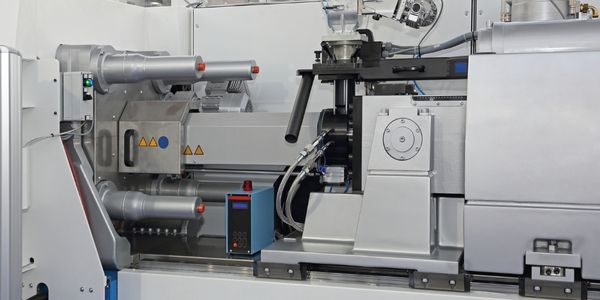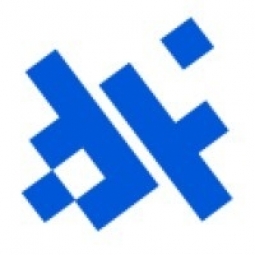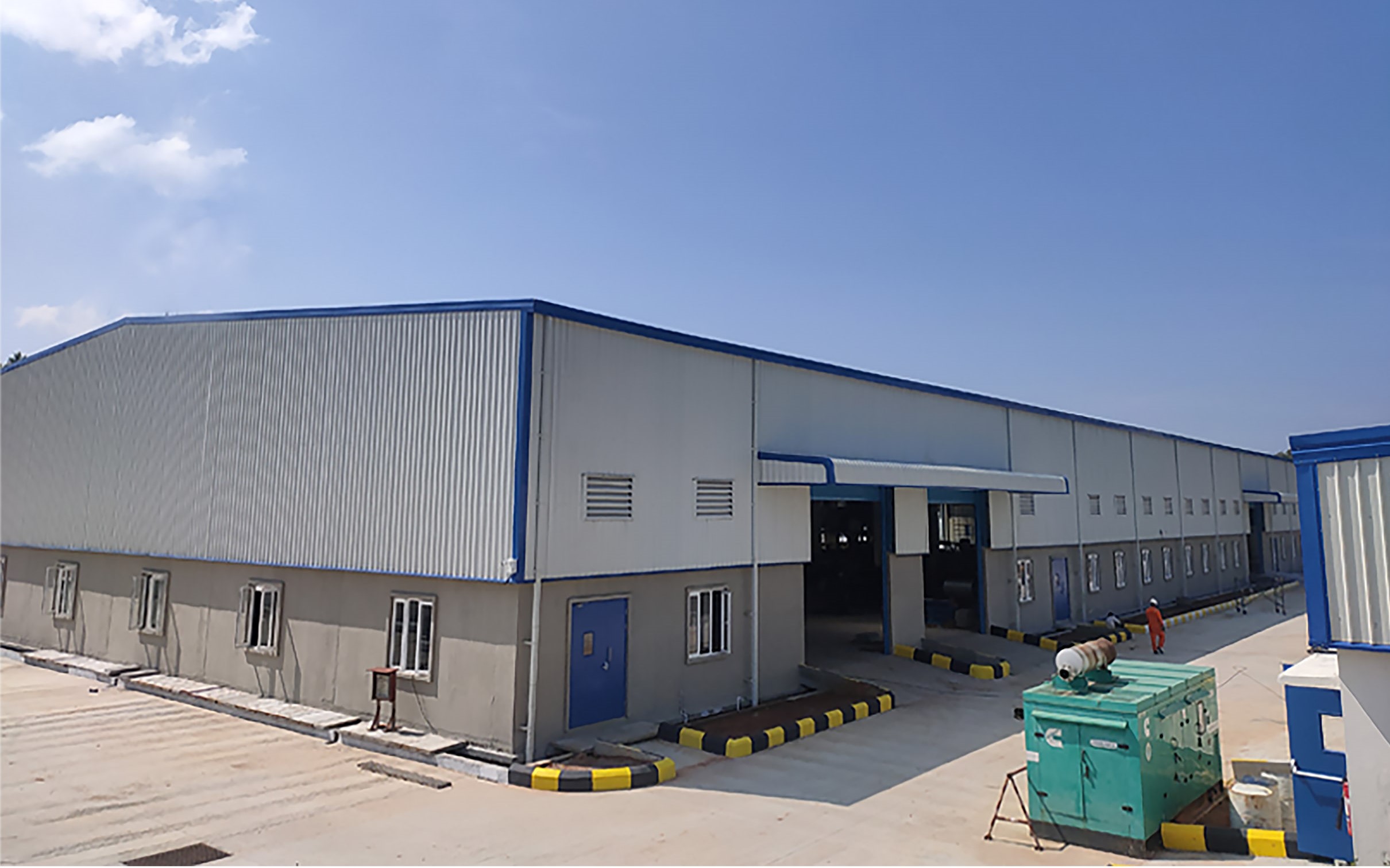Technology Category
- Functional Applications - Manufacturing Execution Systems (MES)
Applicable Industries
- Plastics
Applicable Functions
- Procurement
Use Cases
- Additive Manufacturing
- Rapid Prototyping
Services
- Hardware Design & Engineering Services
About The Customer
MakeItQuick is an additive manufacturing service bureau based in Newcastle upon Tyne, United Kingdom. The company offers a wide range of 3D printing services using various types of plastics, including ABS, nylon, and flexible polymers. In addition to 3D printing, MakeItQuick also provides several post-processing capabilities such as sanding, bead blasting, painting, and assembly. The company supports a large portion of the product development lifecycle, from prototyping to small batch manufacturing, providing significant value to their customers. Their objective was to automate front-end tasks like quoting and order management to save money and scale more effectively.
The Challenge
MakeItQuick, a UK-based additive manufacturing service bureau, faced a significant challenge in its early stages. The company was spending an excessive amount of time and resources on manual tasks such as quoting and order management. Each quote took anywhere from 10 minutes to over an hour to prepare, costing the company an average of £15.00 per quote. Additionally, pushing each order through its facility cost between £15-20.00. This redundant work was not only costly but also hindered the company's ability to scale effectively. The team at MakeItQuick realized that to grow, they needed to eliminate much of this redundant work.
The Solution
To address this challenge, MakeItQuick turned to DigiFabster, a software solution that could automate front-end tasks like quoting and order management. The company was impressed by the ease of setting up pricing and generating an iFrame widget during a demonstration of DigiFabster’s software. This widget could be embedded directly on their company’s website, replacing manual business processes. After signing up as a customer, MakeItQuick was able to configure and implement the software on their site within a few hours. This web-based solution allowed MakeItQuick to automate much of the manual work that was hindering their growth.
Operational Impact
Quantitative Benefit

Case Study missing?
Start adding your own!
Register with your work email and create a new case study profile for your business.
Related Case Studies.

Case Study
Plastic Spoons Case study: Injection Moulding
In order to meet customer expectations by supplying a wide variety of packaging units, from 36 to 1000 spoons per package, a new production and packaging line needed to be built. DeSter wanted to achieve higher production capacity, lower cycle time and a high degree of operator friendliness with this new production line.

Case Study
Boiler Control System for Plastic Manufacturing Applications
Factory automation applications must be equipped to handle and monitor the myriads of information from attached devices. For plastic manufacturing applications, the boiler control system plays a critical role by gathering and regulating information to ensure production is accurate and smooth. In this particular case, the customer combines eight subsystems that include power meters, water meters, alarm output, displays, and I/O status to be controlled by several intelligent controllers with Modbus RTU interface. The Modbus TCP protocol is used for this application due to the distance. System Requirements: • Modbus serial to Modbus TCP translation • Multiple slaves/masters support • Automatic Modbus TCP response time detection

Case Study
Ascend Performance Materials Case Study
Ascend operations must access multiple software systems to manage day-to-day operations in an effective and secure manner. These systems generate large sets of data which contain critical information pertaining to management systems, planning and cost information in business systems and energy consumption. As a result, Ascend management was challenged with creating relevant reports reflecting performance measures in overall context of their operational process. The company’s previous process entailed collecting and analyzing data manually which was not effective, since the information collected was generated after the fact, and was too complex for collaborative use across the organization.

Case Study
Remake Enterprise-to-production System
The client was running a legacy material flow tracking system and wanted to replace the system with a more effective one as the system was increasingly expensive to maintain and support and also was not extendable. The client's IT landscape was filled with modern applications and it was difficult to interface the material flow tracking system with modern applications.









